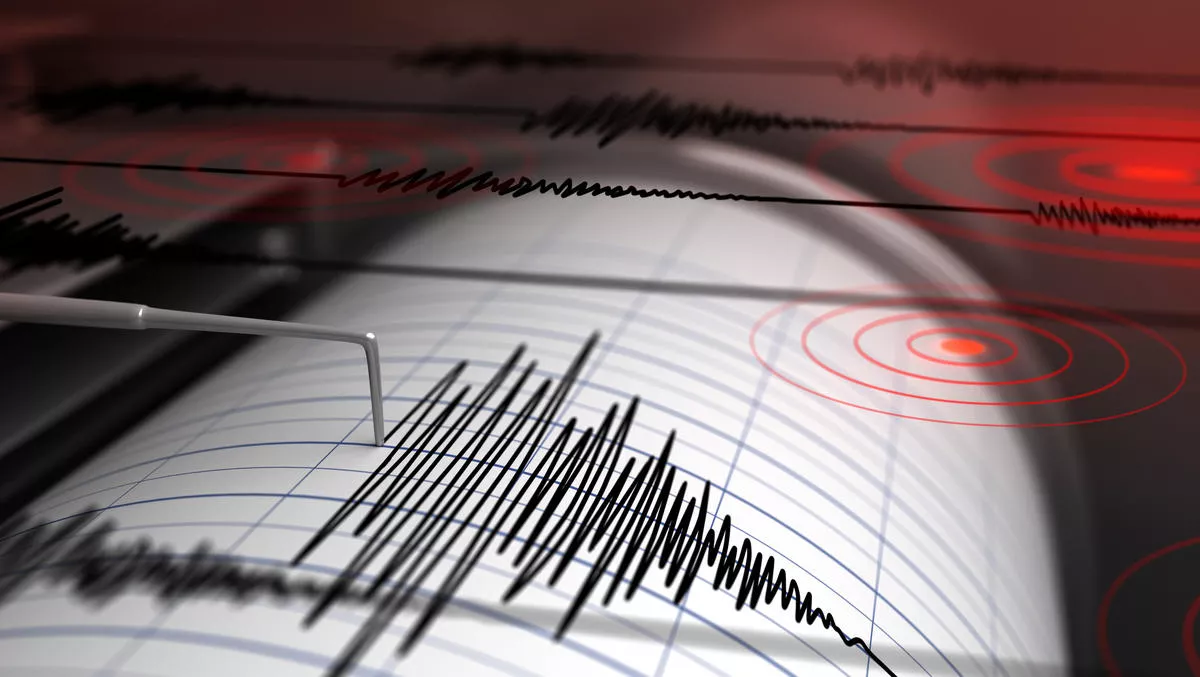
Android announces expansion to its earthquake alert system
Android has announced a new expansion to its Android Earthquake Alerts System that uses both the detection and alerts capabilities, bringing these alerts to Android users in countries that don't have early warning alert systems.
"We're introducing the Android Earthquake Alerts System in Greece and New Zealand," says Android product manager, Boone Spooner.
"Android users will receive automatic early warning alerts when there is an earthquake in their area. Users who do not wish to receive these alerts can turn this off in device settings.
Android says that in a natural disaster or emergency, every second can count. It says when it comes to earthquakes, studies show that more than 50% of injuries can be prevented if users receive an early warning, and have the critical seconds needed to get to safety.
Last year the company launched the Android Earthquake Alerts System, which uses sensors in Android smartphones to detect earthquakes around the world. The free system provides near-instant information to Google Search about local seismic events when users search "earthquake near me.
It launched alerting in August 2020, in partnership with the United States Geological Survey and powered by the system which made alerts available for Android users in California. This feature recently expanded to users in Oregon and will be rolling out soon in Washington.
Early warning alerts in New Zealand and Greece work by using the accelerometers built into most Android smartphones to detect seismic waves that indicate an earthquake might be happening.
"Earthquakes happen daily around the world, with hundreds of millions of people living in earthquake-prone regions," says Android's principal software engineer, Marc Stogaitis.
"An early warning can help people prepare for shaking, but the public infrastructure to detect and alert everyone about an earthquake is costly to build and deploy," he says.
"We saw an opportunity to use Android to provide people with timely, helpful earthquake information when they search, as well as a few seconds warning to get themselves and their loved ones to safety if needed.
If the phone detects shaking that it thinks may be an earthquake, it sends a signal to Android's earthquake detection server, along with a coarse location of where the shaking occurred. The server then takes this information from many phones to figure out if an earthquake is happening, where it is and what its magnitude is.
"New Zealand and Greece will be the first countries to take advantage of both the detection and alert capabilities of the Android Earthquake Alerts System," says Boone.
"Through this system, we hope to provide people with the advance notice they need to stay safe.


